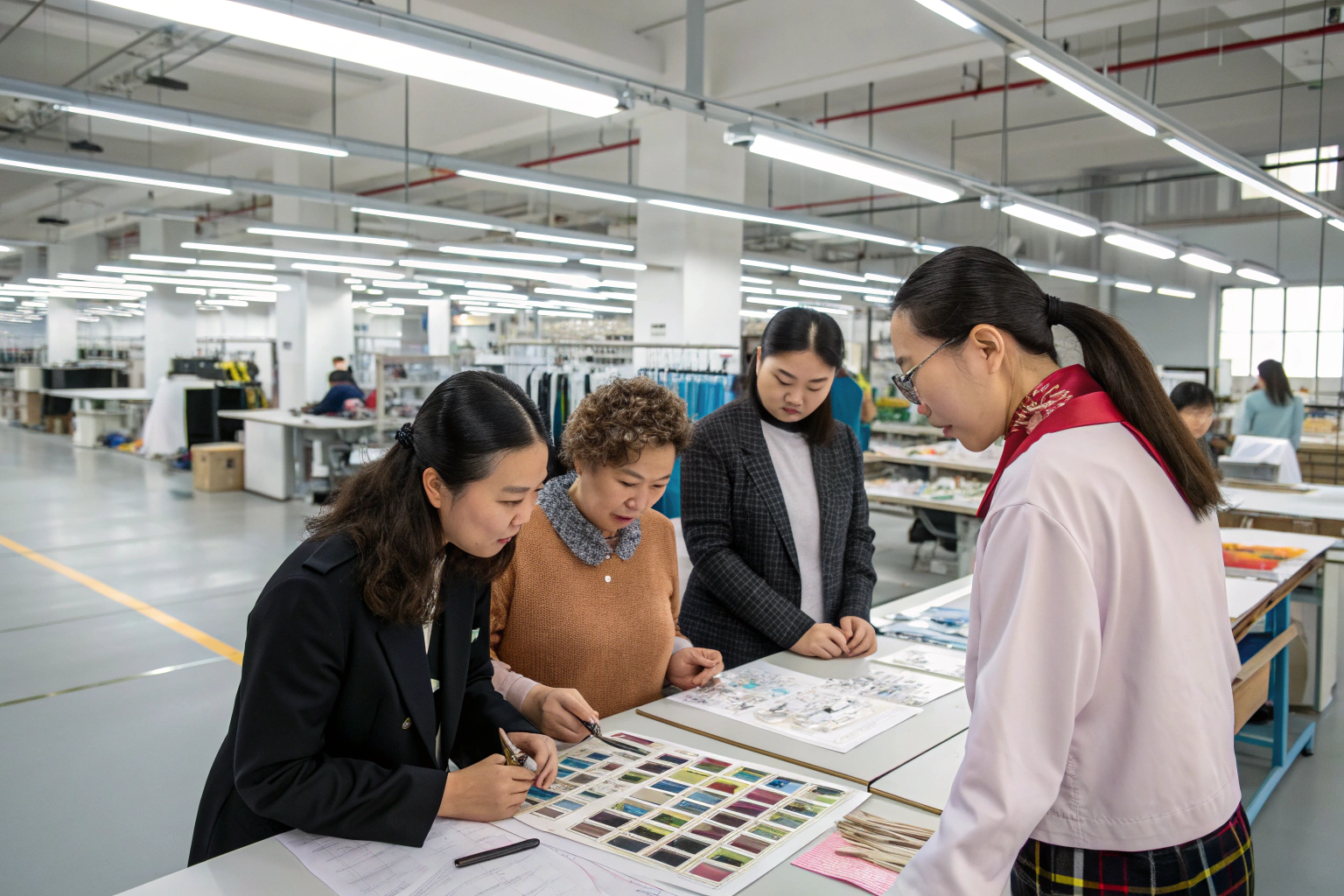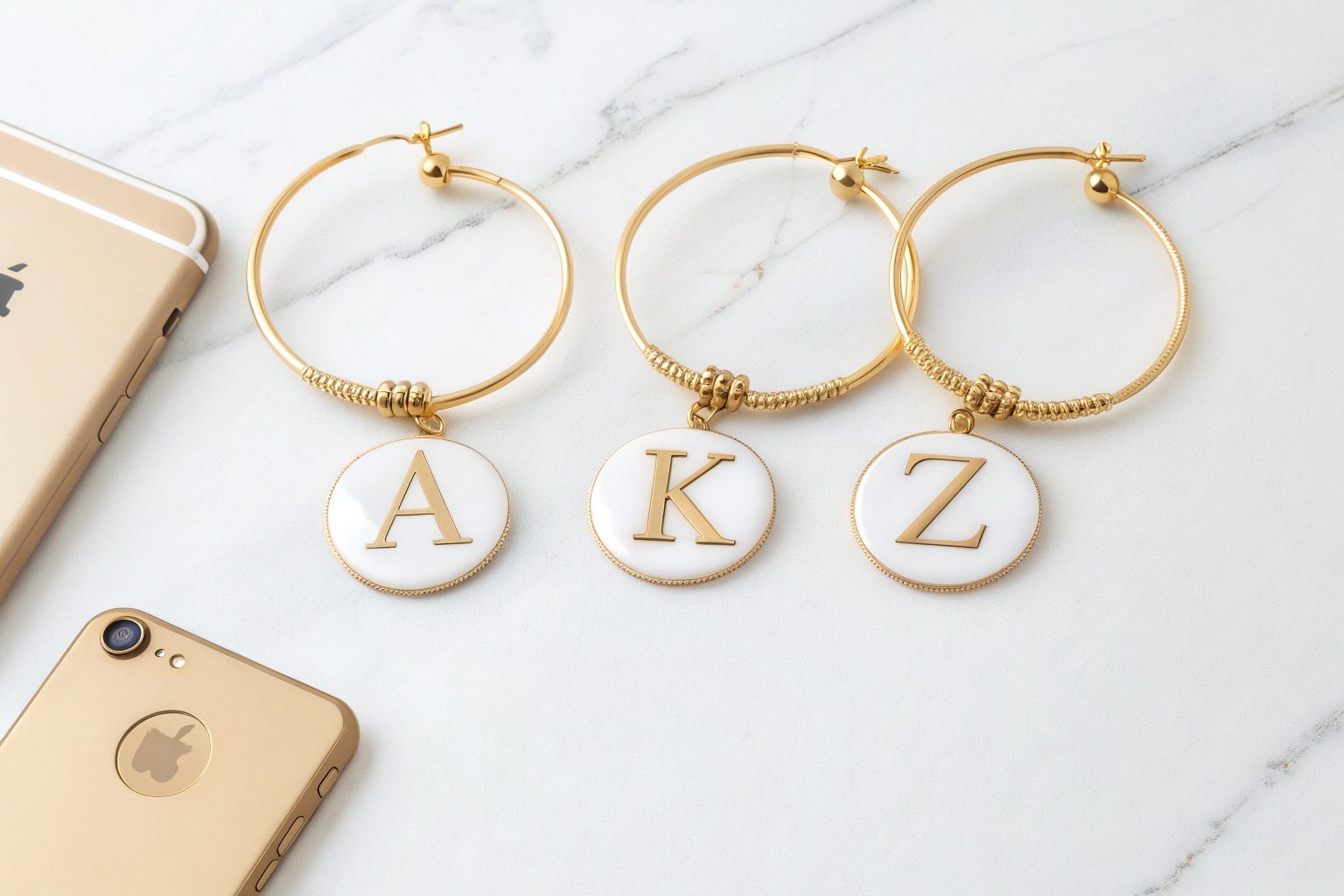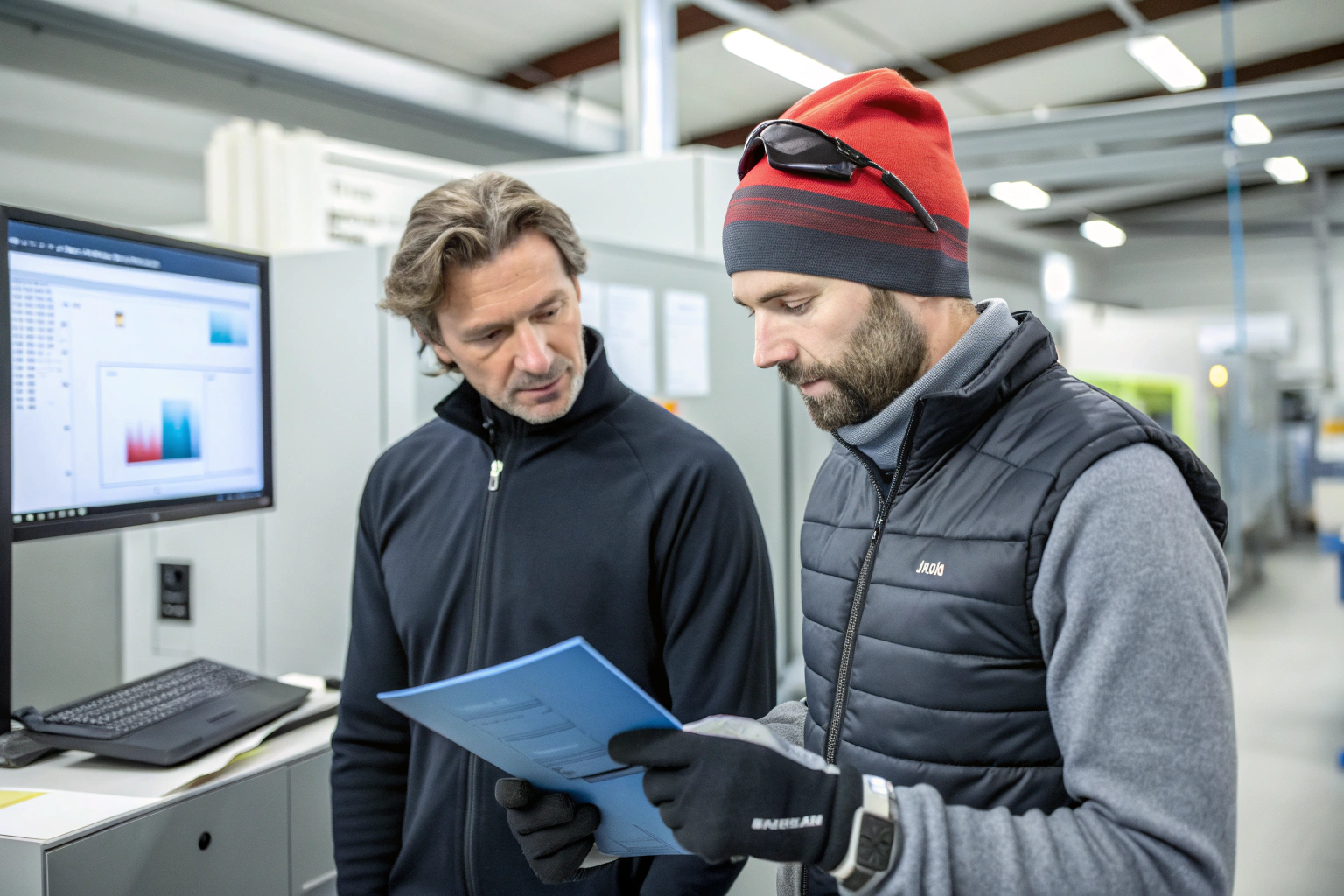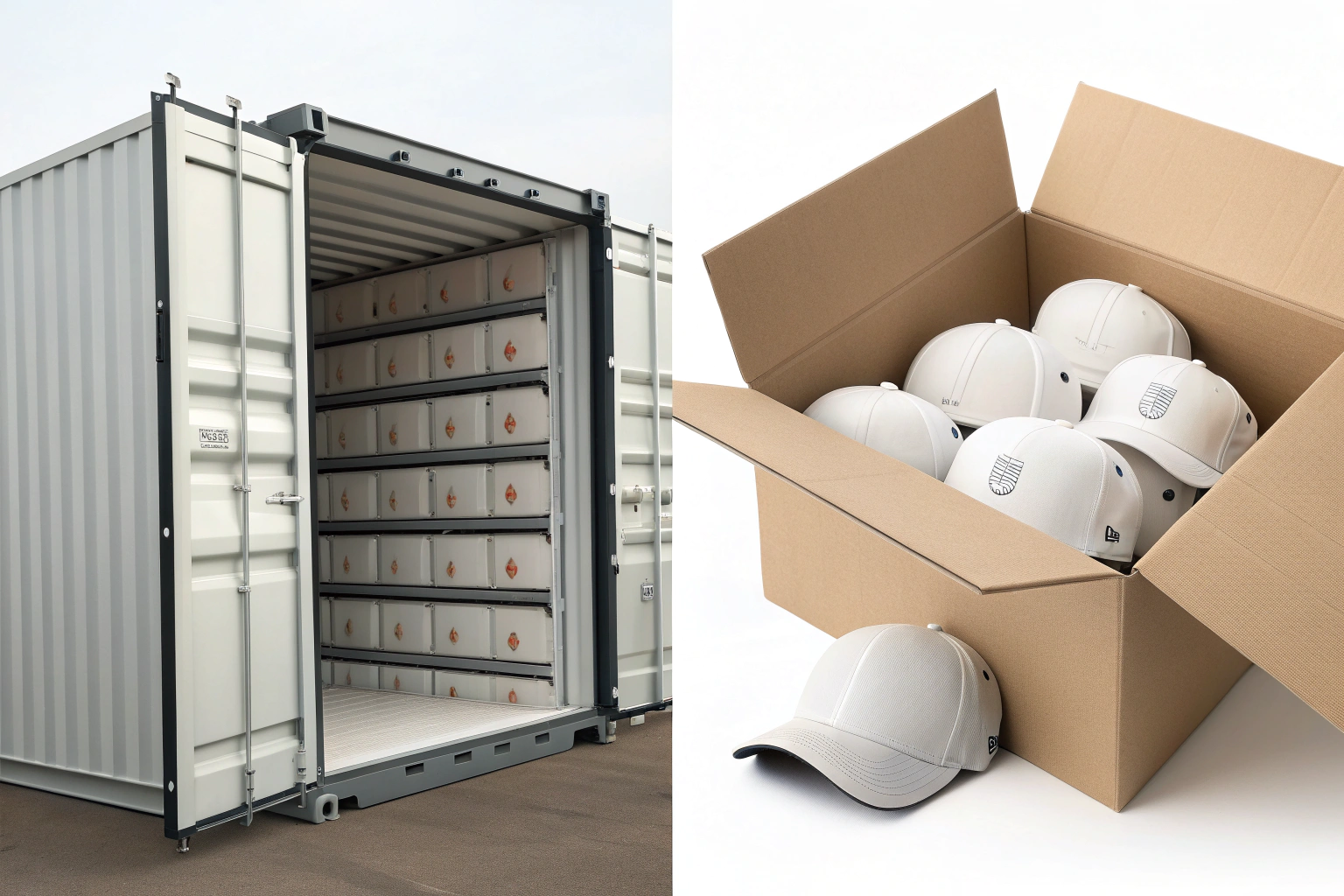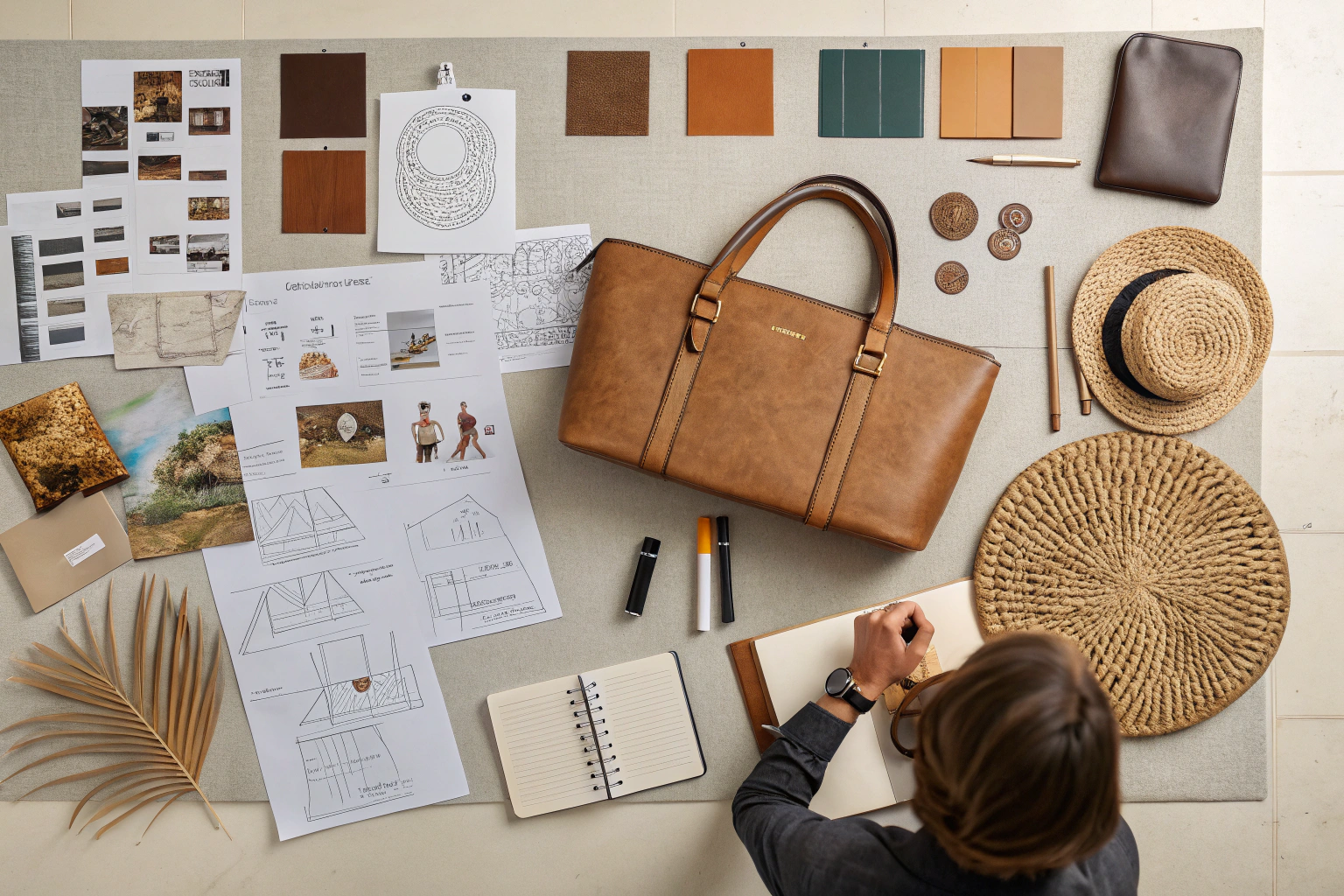As a manufacturer constantly exploring efficient logistics for our accessories, the question of using diplomatic pouches for shipping often arises. Many of our partners in North America and Europe seek the most secure and expedited methods to receive their orders of hair accessories, scarves, and hats. The concept of diplomatic pouches sounds like a perfect solution, but is it a viable option for commercial shipments like ours? This article will demystify the regulations and present practical, legal alternatives that offer similar benefits of speed and security for your accessory imports from China.
Simply put, for commercial businesses, shipping goods via a diplomatic pouch is not a legal or feasible option. Diplomatic pouches are strictly reserved for official government communications and materials under international treaties like the Vienna Convention. However, the core needs that make the idea appealing—top-tier security, customs clearance efficiency, and reliable timeliness—are perfectly addressable through modern commercial logistics solutions. We will explore these legal and efficient alternatives that ensure your accessories reach the U.S. market without delays or excessive costs.
Understanding the constraints of diplomatic channels is the first step toward finding a robust logistics strategy. Let's delve into the specifics of why this method is off the table and what you can actually use to achieve your supply chain goals.
Why Can't Commercial Goods Be Shipped via Diplomatic Pouch?
The idea of using a diplomatic pouch can be tempting for its promise of absolute security and bypassing customs. However, this method is fundamentally inaccessible for commercial trade. Diplomatic pouches are a tool of international relations, not commerce. They are protected by international law to ensure the free and secure movement of official state documents and items needed for diplomatic missions to function. Attempting to use them for commercial purposes would be illegal and could result in severe legal penalties, including the seizure of goods and reputational damage.
The legal framework is very clear. The Vienna Convention on Diplomatic Relations explicitly defines the inviolability of diplomatic bags. They are not subject to opening or detention by customs authorities of the host country. This privilege is essential for diplomatic work but is strictly limited to official government use. For businesses, relying on established and compliant international shipping methods is the only secure path. These methods are designed to handle the volume and variety of commercial goods while ensuring full transparency with customs regulations.
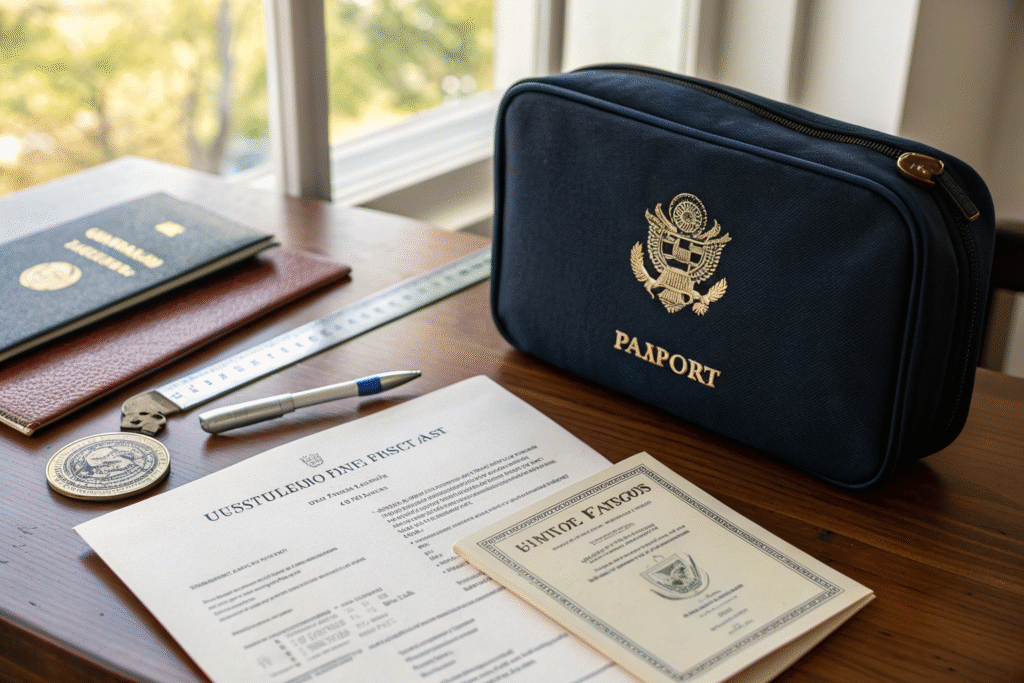
What Legal Frameworks Govern Diplomatic Pouches?
The primary legal document is the Vienna Convention on Diplomatic Relations of 1961. This treaty, ratified by nearly every country including the US and China, establishes the rules for diplomatic immunity. Article 27 specifically deals with the diplomatic bag, stating it shall not be opened or detained. This inviolability is what makes it so secure, but it also strictly confines its use to "official correspondence" and articles intended for official use of the mission. Commercial products, such as our fashion accessories, do not fall under this definition. Using a diplomatic pouch for them would be a breach of international law. Understanding this helps businesses appreciate the importance of using fully compliant logistics partners who specialize in customs clearance documentation for commercial goods.
What Are the Risks of Attempting to Use Diplomatic Channels?
The risks are significant and far outweigh any perceived benefits. Firstly, the shipment would be illegal. If discovered, the goods would be seized by customs authorities. This leads to total financial loss and potentially long delays in your supply chain. Secondly, it could lead to serious legal consequences for all parties involved, including fines and restrictions on future imports. Most importantly, it damages business reputation. Brands and retailers like yours value partners who operate with integrity and transparency. Therefore, investing in a reliable quality control process from your manufacturer, coupled with a legitimate shipping method, is the cornerstone of a secure and sustainable import business.
What Are the Most Secure Shipping Methods for Accessories?
For accessory importers, security translates to the protection of goods from damage, loss, and theft throughout the transit process. While diplomatic pouches offer one form of security, the commercial logistics industry provides robust, tailored solutions that are both legal and highly effective. The key is to choose a method that aligns with the value, volume, and urgency of your shipment. From high-value designer belts to large quantities of hair clips for a supermarket chain, there is a secure option for every need. Partnering with a manufacturer that has a strong logistics network is crucial for ensuring this security from the factory floor to your warehouse.
The most secure methods typically involve a combination of reliable carriers, proper packaging, and insurance. Air freight is often preferred for high-value or time-sensitive accessories like our premium scarves and gloves because it minimizes transit time, thereby reducing exposure to potential risks. For larger volumes, such as a full container of hats and bags, sea freight with trusted container shipping lines offers excellent security. In both cases, the security is enhanced by using professional packaging solutions that protect items from moisture and impact, and by purchasing comprehensive marine cargo insurance to cover any unforeseen events.
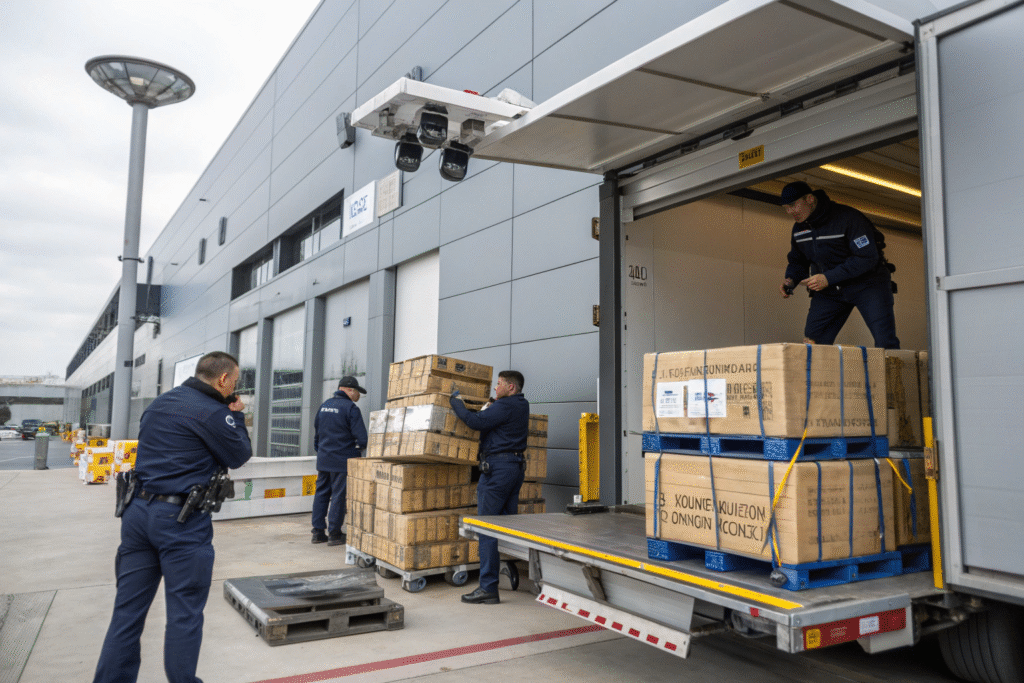
How Does Air Freight Ensure Security for High-Value Items?
Air freight provides a high level of security due to the controlled environment of airports and the speed of transit. Goods are handled fewer times compared to sea freight, which lowers the risk of mishandling or pilferage. From our factory in Zhejiang, accessories are transported to major airports like Shanghai Pudong (PVG), where they are loaded onto aircraft under strict security protocols. The entire process is trackable, giving you real-time visibility of your shipment's location. For high-value items, this method, combined with advanced product development that might include anti-theft tags or premium packaging, ensures that the quality and integrity of your products are maintained from production to delivery.
What Role Does Insurance Play in Secure Shipping?
Insurance is the final layer of security for any shipping method. It is a financial safety net that protects your investment. Even with the most secure carriers and packaging, events like extreme weather or accidents can occur. A comprehensive insurance policy covers the value of your goods against these perils. When you work with us, we help you arrange insurance that covers the full value of your order from the moment it leaves our factory. This peace of mind is essential, especially for new product launches or large orders for major retail chains. It ensures that a logistical incident does not turn into a significant financial loss, allowing you to focus on marketing and selling your accessories.
How Can You Avoid US Tariffs and Speed Up Customs Clearance?
The appeal of the diplomatic pouch often includes the desire to avoid tariffs and streamline customs. While we cannot evade legally mandated tariffs, we can structure the supply chain to minimize their impact and ensure the fastest possible clearance. The key lies in accurate classification, complete documentation, and leveraging experienced partners. For our clients importing accessories into the U.S., this proactive approach is far more effective and sustainable than seeking illegitimate shortcuts. Proper planning turns customs clearance from a bottleneck into a smooth, predictable step in the logistics chain.
The first step is correct tariff classification. Every product, from a hair band to a straw hat, has a specific Harmonized System (HS) code. We work with you to ensure our commercial invoice declares the correct HS code for your items. This accuracy prevents delays caused by customs questioning the classification. Secondly, we provide all necessary documentation meticulously, including the packing list and certificate of origin. For certain products, ensuring they meet international safety standards and having the relevant certifications ready can further expedite the process. Finally, by using Incoterms like DDP (Delivered Duty Paid), we can take full responsibility for the entire shipping process, including tariffs, providing you with a hassle-free experience.
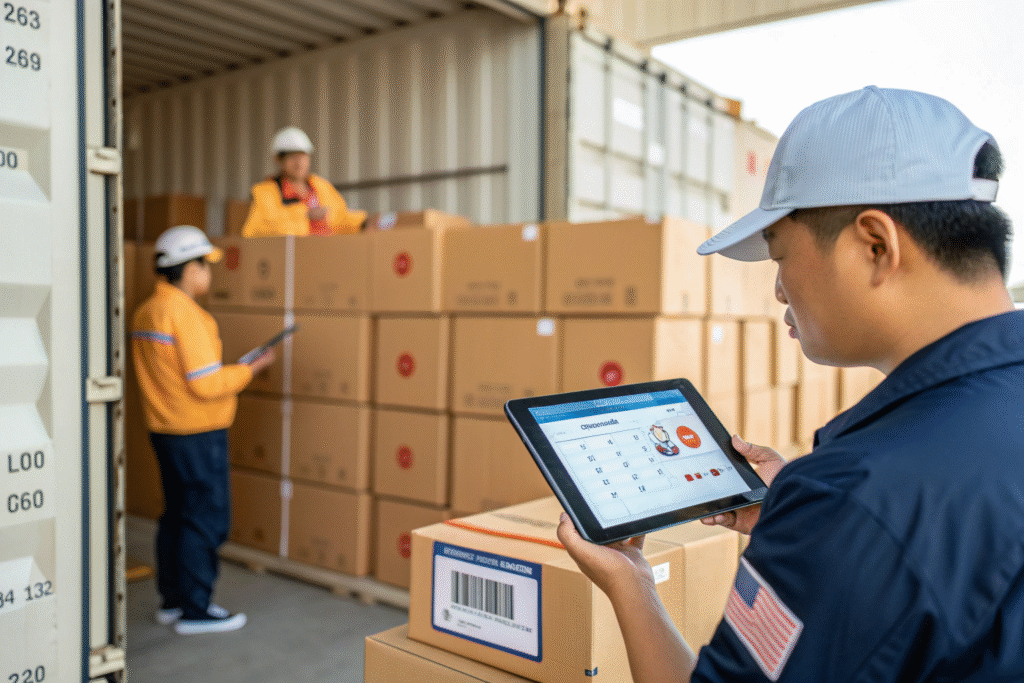
What is the Correct HS Code for Fashion Accessories?
The HS code is a universal numerical method for classifying traded products. Using the correct code is critical for determining the tariff rate. For example, headbands and hair clips typically fall under Chapter 67 of the HS code, while scarves and shawls are under Chapter 62. As your manufacturer, we have extensive experience in classifying the accessories we produce. We provide detailed product descriptions on the commercial invoice, which helps your customs broker accurately declare the goods to U.S. Customs and Border Protection. This accuracy is a fundamental part of our quality control system, ensuring that not only the product itself but also its administrative journey is flawless.
How Does DDP Shipping Simplify the Process for the Importer?
DDP, or Delivered Duty Paid, is an Incoterm where the seller (us, the manufacturer) bears all risks and costs associated with transporting the goods until they are delivered to the buyer's named place in the USA. This includes paying for export and import duties, taxes, and all logistics costs. For you, the importer, this means a predictable, all-inclusive price. There are no surprise fees upon arrival. We manage the relationship with the freight forwarder and customs broker, leveraging our expertise to ensure smooth and timely clearance. This service is particularly valuable for buyers who are focused on product development and marketing and prefer to leave the complexities of international logistics to a trusted partner.
What is the Best Overall Logistics Strategy for Accessory Importers?
The best strategy is not a single shipping method but a holistic, partnership-based approach that integrates manufacturing with logistics. This strategy prioritizes reliability, cost-effectiveness, and scalability over the long term. For importers of fashion accessories, this means working with a manufacturer that acts as a strategic partner, not just a supplier. A partner that offers transparency, has robust project management, and possesses deep logistics expertise can create a supply chain that is as resilient as it is efficient, effectively delivering the benefits once mistakenly associated with diplomatic channels.
This strategy has several key components. First, it involves consolidating orders where possible to benefit from full container load (FCL) shipping rates, which are more cost-effective and secure than less than container load (LCL). Second, it requires a manufacturer with a strong internal project management team that coordinates production schedules with shipping schedules to avoid delays. Finally, it depends on clear communication. We provide regular updates on production status and sailing schedules, so you are never in the dark. This end-to-end service, from design and prototyping to delivery at your warehouse, is the modern commercial equivalent of a seamless, secure logistics operation.
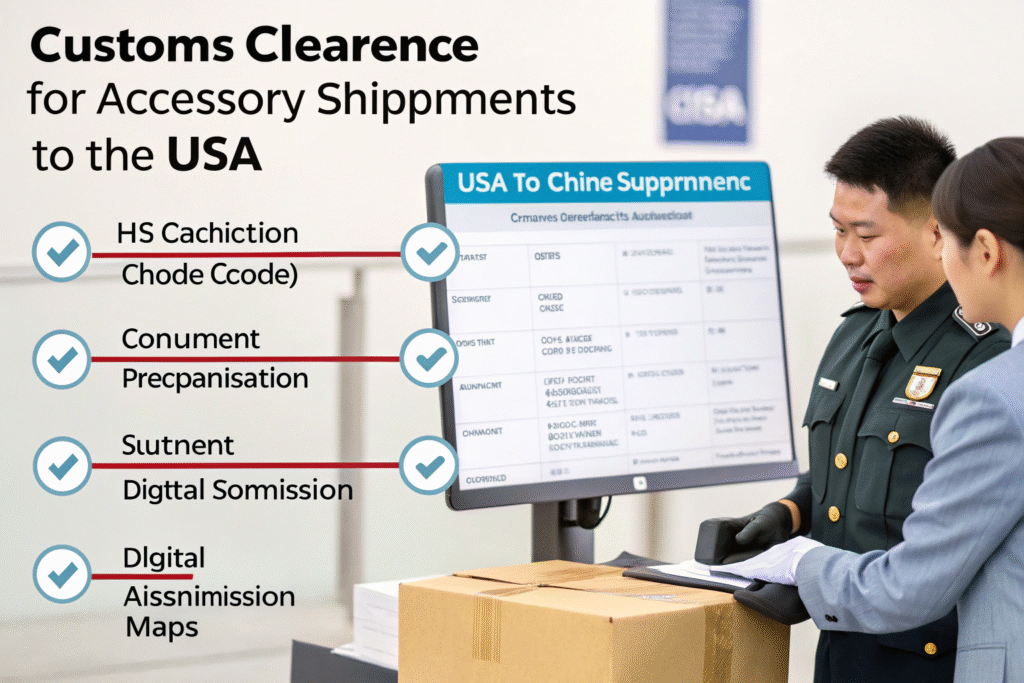
How Does Consolidating Orders Improve Logistics?
Order consolidation is a powerful way to optimize shipping costs and enhance security. Instead of shipping multiple small orders via air freight, you can wait until you have a larger quantity and ship via sea freight in a full container. This significantly lowers the cost per unit. Furthermore, a sealed container is far more secure than individual parcels, as it is only opened at the destination. Our experienced project managers help you plan your orders to take advantage of consolidation, aligning with your inventory needs to ensure you never run out of stock while still saving on logistics.
Why is a Manufacturing Partner Crucial for Logistics Success?
Your manufacturer is the starting point of your supply chain. A manufacturer with in-house design, strict quality control, and seasoned project managers can seamlessly connect production with logistics. For instance, our team proactively communicates about potential production delays that might affect the shipping schedule. We also advise on the best packaging materials to ensure your accessories survive the journey intact. This level of integration means that when you focus on your sales channels like Amazon or major supermarkets, you can be confident that the logistics backbone is managed by experts dedicated to your success.
Conclusion
In summary, while the diplomatic pouch remains an exclusive channel for governments, the commercial logistics industry offers a wide array of legal, secure, and efficient alternatives for importing accessories from China. The key to success lies in understanding these options and building a strategic partnership with a manufacturer that can navigate them expertly. By focusing on methods like insured air and sea freight, ensuring accurate customs documentation, and leveraging terms like DDP, you can achieve a supply chain that is both reliable and cost-effective, without the immense risks of seeking illegitimate shortcuts.
The core needs of security, speed, and cost control are fully achievable through transparent and professional collaboration. As a modern factory with a complete team from design to quality control, we are equipped to be that strategic partner for your accessory business.
If you are looking for a reliable partner to manufacture and ship your accessory orders with professionalism and care, we invite you to contact our Business Director Elaine at elaine@fumaoclothing.com. Let's discuss how we can streamline your supply chain from our factory in Zhejiang to your door in the U.S.

